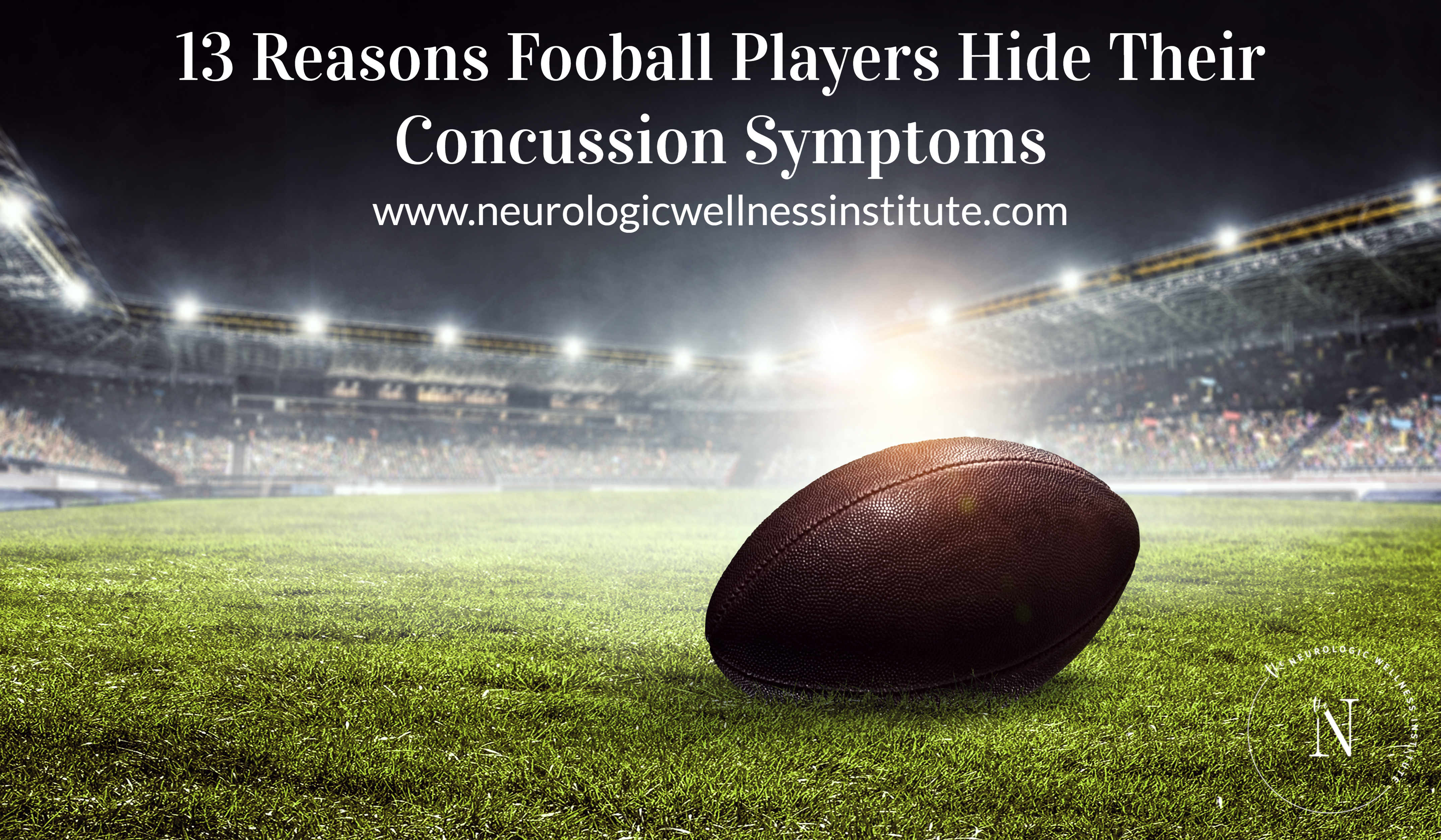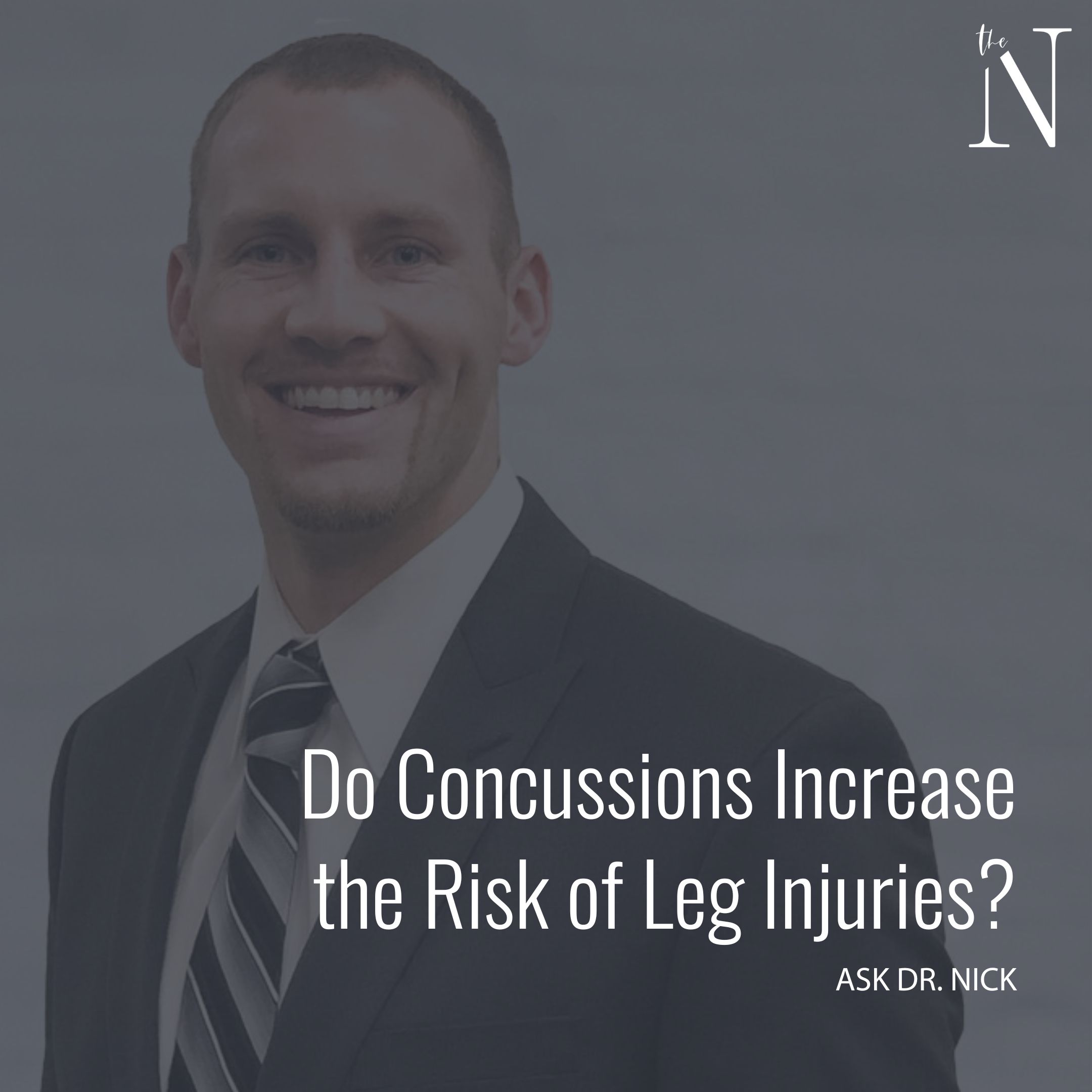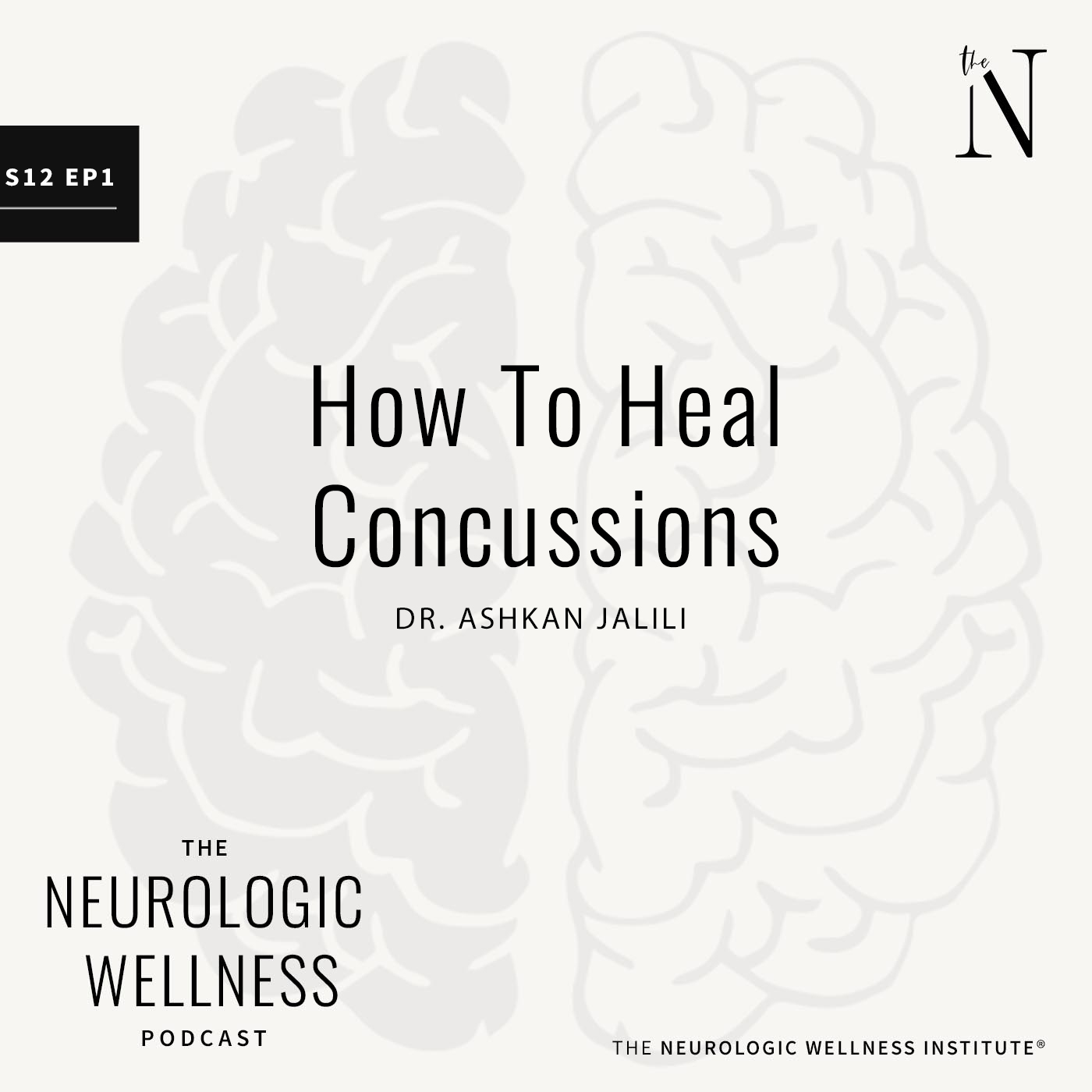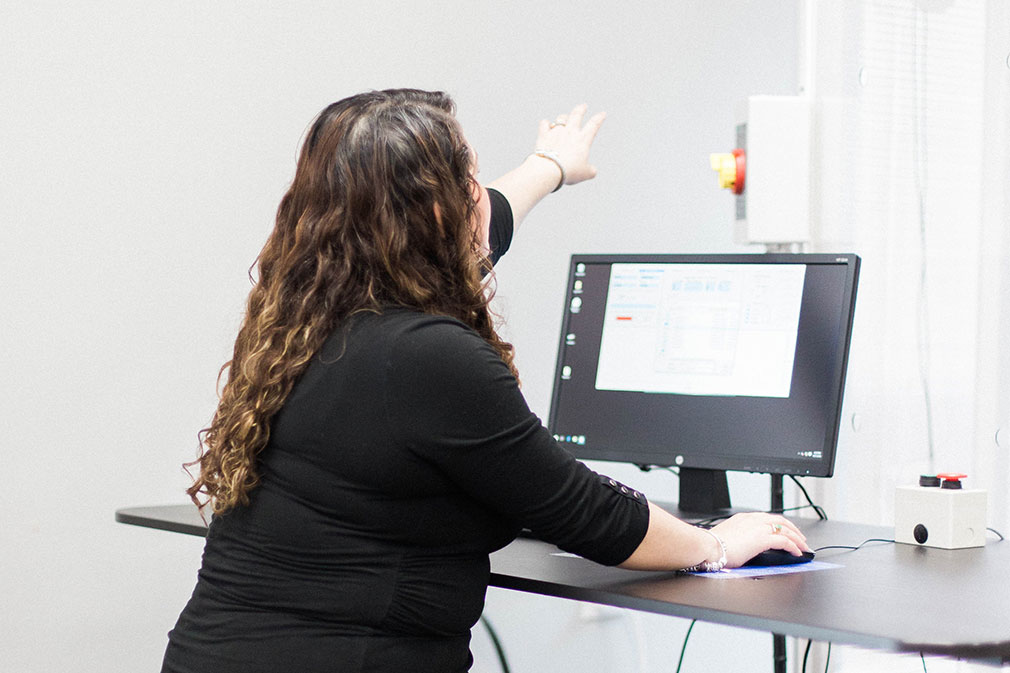 International Consensus Conference on Concussion in Sport (ICCCS)
International Consensus Conference on Concussion in Sport (ICCCS)
In 2001 (Vienna), the first International Consensus Conference on Concussion in Sport (ICCCS) was held to address the problem of concussion. An expert panel of mostly sports medicine physicians, created and wrote the 1st Consensus Statement. The 1st Consensus Statement and two updated Statements on Concussion in Sport (the 2nd developed in Prague, 2004 and the third in Zurich, 2008) were intended to be used by medical practitioners, health professionals, coaches, and laypeople involved in the management of concussed athletes at all levels of sport; amateur, youth and professional.
Guidelines for Assessment
Each iteration of these guidelines has supported the use of neuropsychiatric testing for concussion. They have been widely published in scientific literature. Over the last decade, a number of companies have developed and marketed computerized products that claim to assess the neuropsychological effects of concussion in athletes and to assist physicians in managing these problems.
The Guidelines
The Guidelines propose that these neuropsychiatric testing tests (focusing primarily on memory and reaction time) should be used as follows:
(1) A “baseline testing” of an athlete will be done at the start of a sporting season.
(2) If a head injury occurs, the baseline test will be used as a comparison for follow-up testing post-injury as an assessment for return to play.
These tests are sold to elite teams and increasingly to the large numbers of amateur and youth participants in contact sports across the globe, with the aim of universal annual use for brain injury assessment.
A 2011 presentation by one of the neuropsychiatric testing company’s Chief Executive Officer estimated the size of the concussion management market for its product to be in excess of US $150 million per year.
Conflicts of Interest
Since the concussion guidelines have been published, there have been a number of conflict of interest issues which have been brought up regarding the emphasis on neuropsychiatric testing in diagnosing concussions and determining return to play. When examining the evidence used to create these concussion guidelines:
- The only research used in supporting neuropsychiatric testing for being able to properly diagnose concussions was all funded by the neuropsychiatric companies themselves.
- The fact the neuropsychiatric companies funded all of these studies was not revealed or made public in the consensus statement.
- Some panel members of the concussion consensus statements have direct financial ties to the neuropsychiatric tests which they endorsed in the consensus statement. These financial ties were not revealed in the consensus statement.
- There is no mention of any study used in the consensus statement to support neuropsychiatric testing in concussion that was not funded by the neuropsychiatric companies. This imbalance in funded research raises doubts about the reliability and effectiveness of these neuropsychiatric tests.
- The panel members with conflicts of interest have advised a number of professional sporting leagues such as the National Football League (NFL), the Australian Football League (AFL), and the National Rugby League (NRL). These leagues have since mandated the use of these neuropsychiatric tests for all players on the advice of the panel members with personal financial ties to the test.
Limitations of Neuropsychiatric Testing
Over the past 15 years, a number of reports of the limitation of neuropsychiatric testing in diagnosing concussions have been published, yet were not included in the concussion consensus statements. Reports of neuropsychiatric tests being less reliable than previously reported to the extent there is doubt that these tests can accurately identify cognitive changes post-concussion. Other research has concluded that neuropsychiatric testing has met none of the criteria to be used as a routine clinical application. This type of evidence, which is not mentioned in the consensus statement, calls into question the decision to so strongly endorse and market neuropsychiatric testing in concussion.
Reliance On ONLY Neuropsychiatric Testing for Diagnosis
One of the most significant harms in the use of neuropsychiatric testing for concussions management is giving the athlete a false sense of security if he passes the neuropsychiatric test and is allowed to continue participation in contact sports, because the neuropsychiatric test was not sensitive enough to pick up the fact the athlete has sustained a concussion. This can leave the athlete prone to a second impact syndrome and a more severe brain injury.
Neuropsychiatric testing is an important aspect in concussion assessment, however, it should not be seen as the only necessary form of assessment. Computerized neuropsychiatric testing has many benefits, however, should not be used blindly without a more thorough evaluation by a trained professional. Currently, there is no single test that can diagnose a concussion, therefore it is important for continued training and education to both clinicians and the public on the topics of concussion diagnosis and management.
Future guidelines since this article publication have, and continue to address using a multi-faceted approach to concussion diagnosis and assessment. Future research is also active on attempting to create better ways to diagnose and manage concussions and post-concussion syndrome.
For more information on the type of conditions, our clinicians help with, schedule a consult with one of our patient care coordinators.
Partridge et al. Conflicts of interest in recommendations to use computerized neuropsychological tests to manage concussion in professional football codes. Neuroethics. 2014:7;63-74.




